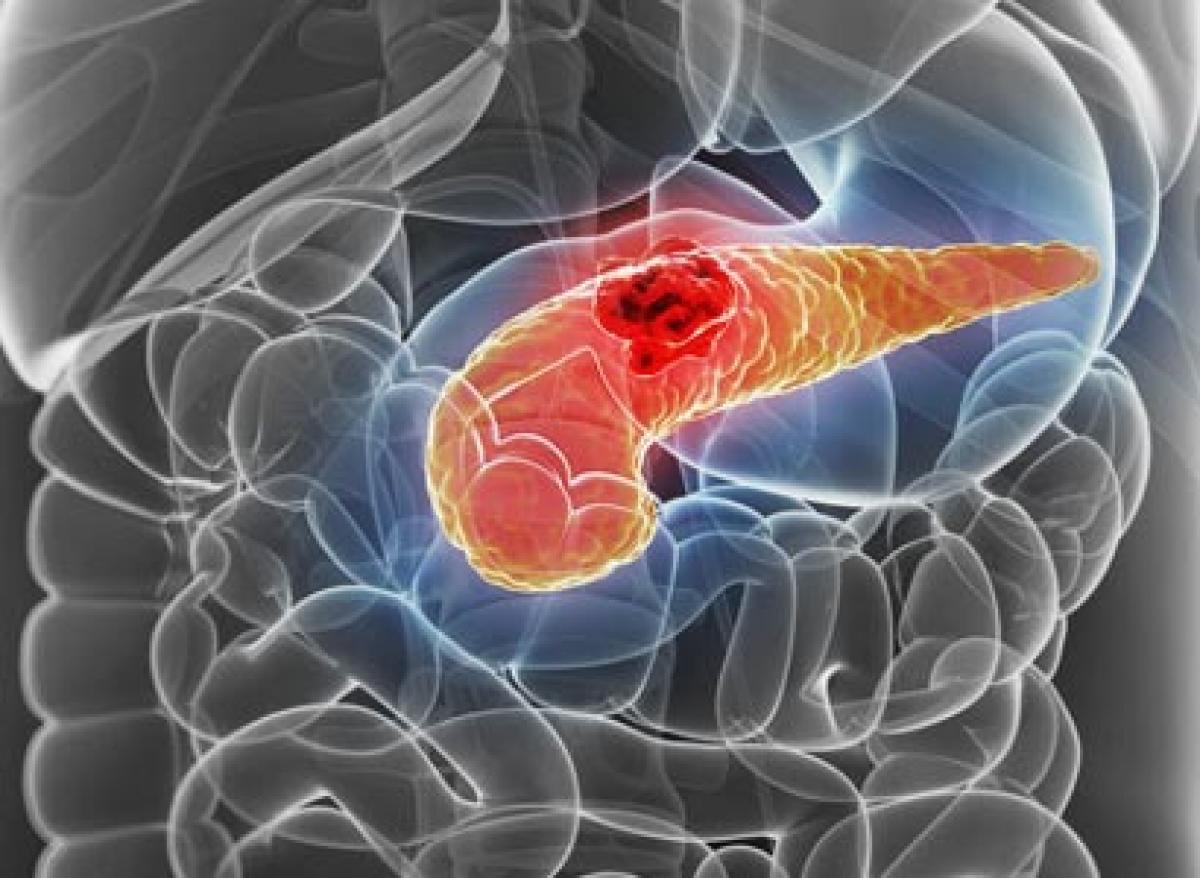Live
- Contrarians in sight amid low volumes-led pull back rally
- ‘Ksheera Sagara Madhanam’ enthrals audience
- Nifty back below 200EMA/ 200DMAs
- US Navy shoots down own jets over Red Sea
- Nara Devansh sets world record in chess
- Team India cross their fingers
- 3 energy efficient projects to reduce power bills in AP
- Governor Jishnu Dev Varma to Attend ABVP 43rd State Conference in Siddipet Today
- Transgenders to Begin Traffic Assistant Duties in Hyderabad from Tomorrow
- Police Security Tightened at Allu Arjun’s Residence After OU JAC Vandalism
Just In

Researchers including those of Indian-origin may have uncovered a novel mechanism behind the ability of the diabetes drug metformin to inhibit the progression of pancreatic cancer.
Washington: Researchers including those of Indian-origin may have uncovered a novel mechanism behind the ability of the diabetes drug metformin to inhibit the progression of pancreatic cancer.
Researchers found that metformin decreases the inflammation and fibrosis characteristic of the most common form of pancreatic cancer.
The findings indicate that this beneficial effect may be most prevalent in overweight and obese patients.
The study by researchers at Massachusetts General Hospital (MGH) in US focused on pancreatic ductal adenocarcinoma, the most common form of pancreatic cancer.
Half of those diagnosed with this form of pancreatic cancer are overweight or obese, and up to 80 per cent have type 2 diabetes or are insulin resistant.
Diabetic patients taking metformin - a common medication for type 2 diabetes - have a reduced risk of developing pancreatic cancer; and among patients who develop the tumour, those taking the drug may have a reduced risk of death.
However, previously the mechanism of metformin's action against pancreatic cancer was unclear, and no potential biomarkers of response to metformin had been reported.
The researchers first found that levels of hyaluronan, a component of the extracellular matrix, were 30 per cent lower in tumour samples from overweight or obese patients who were taking metformin to treat diabetes than in those who did not take the drug.
In an obese animal model of pancreatic cancer, those that received metformin had reduced expression of both hyaluronan and collagen-1 and fewer activated pancreatic stellate cells (PSCs).
Studies in cultured cells identified the signalling pathway by which metformin reduces the production of hyaluronan and collagen-1 by PSCs and also prevents the recruitment of tumour-associated macrophages, which increase the inflammatory environment.
In obese mouse models, researchers including Rakesh K Jain and Priya Suboj from MGH found that metformin treatment reduced levels of tumour-associated macrophages by 60 per cent and reduced expression of genes involved in remodelling the extracellular matrix of tumour tissue.
The tumours of animals treated with metformin also had reductions in a metastasis-associated change in cellular characteristics called epithelial to mesenchymal transition(EMT) and in the overall level of metastasis.
These tumour-related effects of metformin appear to be independent of the drug's effects on metabolic pathways involved in glucose metabolism and body weight.

© 2024 Hyderabad Media House Limited/The Hans India. All rights reserved. Powered by hocalwire.com







